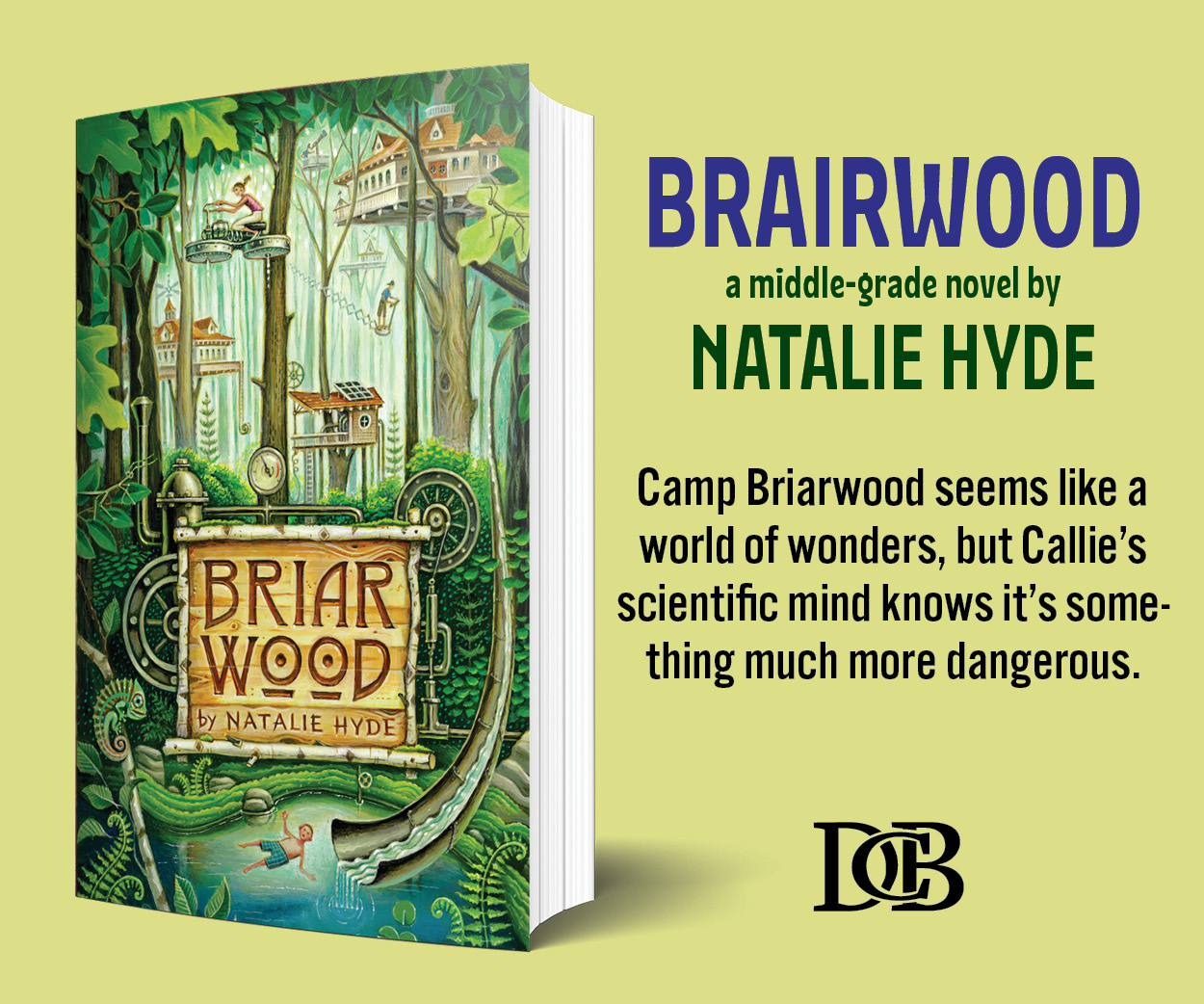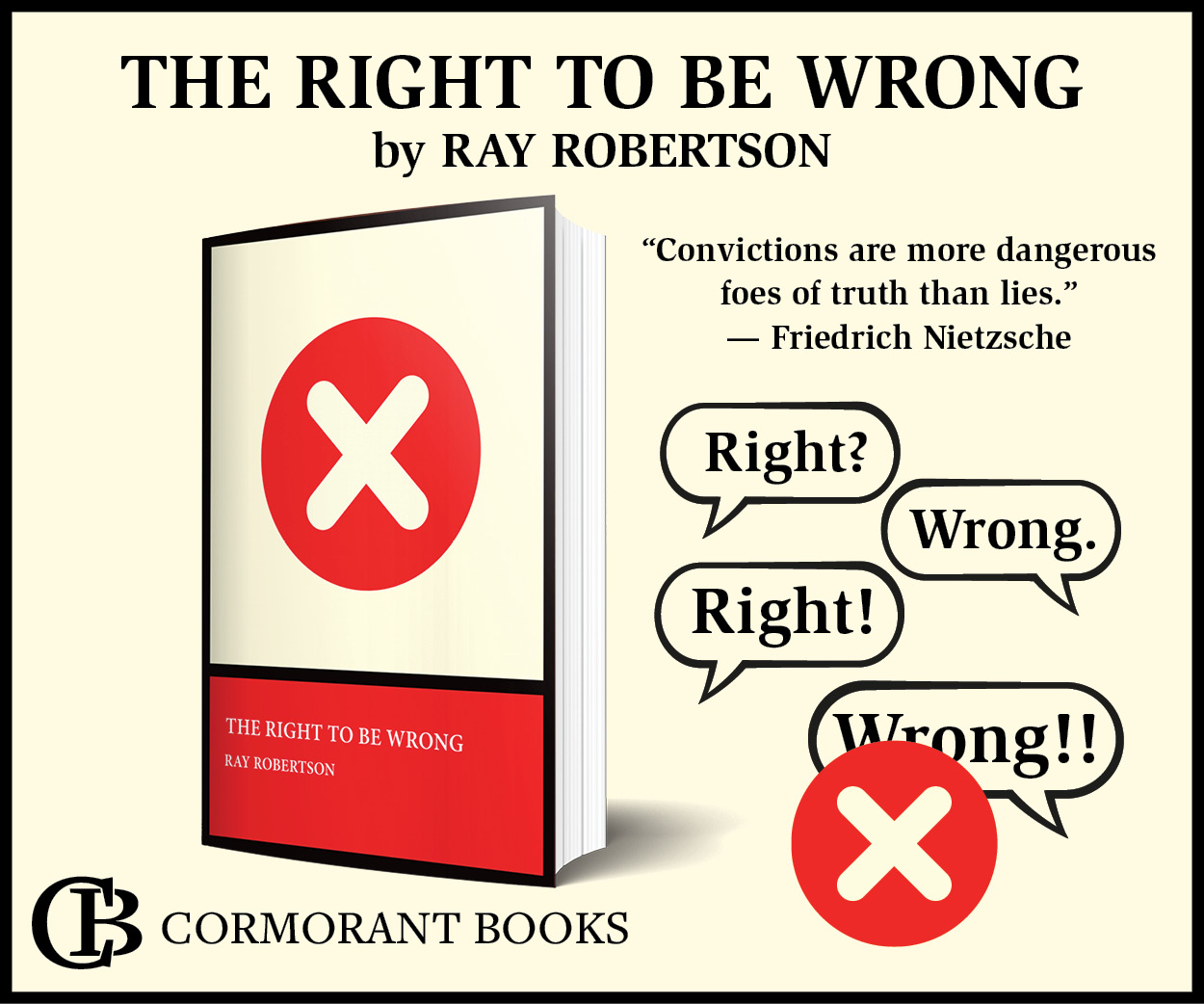Advice From Mentors Past
By Zalika Reid-Benta
One of the most surprising things I’ve encountered since starting to talk publicly about my writing and my first book is how many people appreciate the fact that I mention the positive influence of mentorships and mentors. At least one person will come up to me at the end of a panel or a reading to talk about the literary role models that have helped me throughout the years. I understand that I’ve been fortunate to come into contact with such encouraging and generous mentors so I’ve decided to share some of the advice they’ve given me in this post.
Trust Yourself as a Writer
It seems like a simple concept and I thought I understood what that meant until I did an Independent Study in undergrad. At the time I was writing a story that’s now “Frying Plantain” and I was so focused on the theme and what I wanted the story to say that I was “writing to” theme. My mentor read my second draft and said that what I’d written was an essay and not a story because I was too focused on getting the point across and it read like an analysis on the subject of forgiveness. He then told me to forget about theme, forget about the point and just write a story about the characters because he guaranteed that the theme(s) would reveal themselves through interaction and dialogue. I took that advice to heart. In fact, since that conversation the way I’ve started stories have changed where instead of having a theme in mind before I write, I have an interaction in mind, a dialogue exchange or sometimes a description (it’s always a pleasant surprise when it’s description and not dialogue) and I find the theme along the way.
Sometimes Telling is OK
My dynamic with this particular mentor was a healthy kind of oppositional: we challenged each other on a lot of points and ideas but I became a better writer for it. I’m a very big believer in “show don’t tell”, in writing a certain action or a certain gesture to indicate a character’s mindset instead of just writing “she was angry”. This mentor told me multiple times, “Sometimes it’s OK to just write ‘she was angry’.” He pinned what kind of writer I was in our first meeting, saying that with some students they overwrite and they have to work on editing down, on coming to terms with the fact that not everything that’s being written is necessary. He then said that with other students, like me, it’s like a tug-of-war where the writer doesn’t put enough on the page and he has to pull the words out of us.
He then said he knew what I was doing, where I’d write something and go “Yes, subtle” (I felt so called out) and then explained that while a gesture or an action might be loaded to you because you know what all of the implications mean, to the reader it just comes across as a nose scratch or a shrug, the same meaning isn’t attached because the reader isn’t in your mind, in which case, sometimes it’s OK to just tell the reader what’s going on. That one took me a really long time to appreciate but when I did, it made my writing that much clearer.
Say What You Mean
In relation to the above advice, I had another mentor reiterate that sentiment but with titles. The stories in Frying Plantain went through many different titles over the course of ten years. I hate titles. Even in high school when I was an editor for the school newspaper, I was never in charge of headlining any of the articles (including my own) because I just sucked at them. I think part of the problem is I try to go for mood.
Well when I was in Banff, my mentor gave me advice reminiscent of Samuel L Jackson’s take on Snakes on A Plane:
New Line Cinema changed the movie's title to Pacific Air 121, with the official explanation that the studio "didn't want to give too much away" about the movie. Jackson disagreed with that logic. ''I was like, ARE YOU OUT OF YOUR F***ING MINDS?! That's EXACTLY what you want to do!'' he told Entertainment Weekly. ''How else are you going to get people into the movie? Nobody wants to see Pacific Air 121. That's like saying Boat to Heaven. People either want to see this movie or they don't. So let 'em know: If you're coming to see this movie, you're going to see a plane full of deadly-ass snakes. That's what it should be called. Deadly-Ass Snakes on a Plane."
Your CanLit News
Subscribe to Open Book’s newsletter to get local book events, literary content, writing tips, and more in your inbox
“Snow Day” was originally named “Quiet” and “Pig Head” was originally titled “What Happened In Hanover” and then “Playground Games” and my mentor went, just say what the story is about. “Snow Day” and “Pig Head”. I had resisted the changes at first until I spoke with a friend of mine who had read my manuscript and I referred to “Quiet” and they went, “Which one is ‘Quiet’ again?” and I said “You know, the one with the snow day” and they responded, “Oh! The snow day story!”
You Don’t Always Have to Take the Advice You’re Given.
I had a mentor who hated flashbacks in stories, who thought they rarely served any kind of function that a straightforward story couldn’t express. He discouraged all of us from including them in our manuscripts but in my second last submission to workshop, even though he already exed out a few flashback sequences I had in a previous story, I kept a flashback in because it felt wrong to take it out. When I got the story back with his commentary he admitted that he was originally going to reject the flashback but after reading it and thinking about it, he realized that it was a good use of the technique and it added to the story. That’s when I realized two things: 1. A good mentor is able to admit their own biases and is willing to have their mind changed and to learn from an experience as much as you are 2. It’s necessary to trust your own instinct as a writer and you don’t have to take all criticisms and suggestions even if the person giving them to you is established.
Crutches
I’ve been very lucky to come across two mentors who were microcosmic editors. When I submitted a draft to the first, she returned it with a bunch of circles throughout my story, highlighting the different crutches I relied on. I didn’t even know crutches in writing were possible. She advised me that while writers can have signatures, they can also have ruts and to be mindful of my go-tos in the editing process. The second mentor advised me about white space on the page. I don’t fancy myself an experimental writer who plays with form but she revealed to me the emotional impact simple stylistic choices like the use of white space could have on a reader.
“Just Do It!”
I had Frying Plantain in a drawer for about two years after spending 12 months trying to get an agent or a publisher in the States and the U.K. I’d moved on to writing another project and asked an old mentor to read it and give feedback. After we had our meeting about my manuscript she asked me about my short story collection and while at the time I didn’t think I came across as discouraged, she picked up on the fact that I was and that I was making excuses and stalling by saying I needed to edit it more, and told me to get back out there, to cast a wider net with my submission pool, including residencies and retreats, and to see what comes back, to just go out and there do it. It was scary advice to follow but I’m glad that I did it!
Here is a list of mentorships in Canada
The views expressed in the Writer-in-Residence blogs are those held by the authors and do not necessarily reflect the views of Open Book.
Zalika Reid-Benta is a Toronto-based writer whose work has appeared on CBC Books, in TOK: Writing the New Toronto, and in Apogee Journal. In 2011, George Elliott Clarke recommended her as a “Writer to Watch.” She received an M.F.A. in fiction from Columbia University in 2014 and is an alumnus of the 2017 Banff Writing Studio. She completed a double major in English Literature and Cinema and a minor in Caribbean Studies at University of Toronto’s Victoria College. She also studied Creative Writing at U of T’s School of Continuing Studies. She is currently working on a young-adult fantasy novel drawing inspiration from Jamaican folklore and Akan spirituality.


